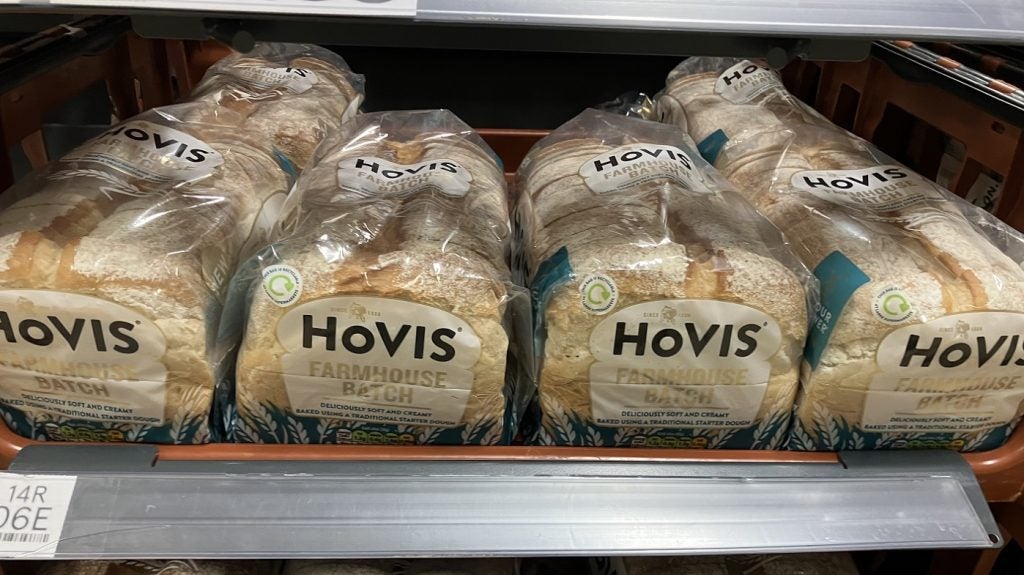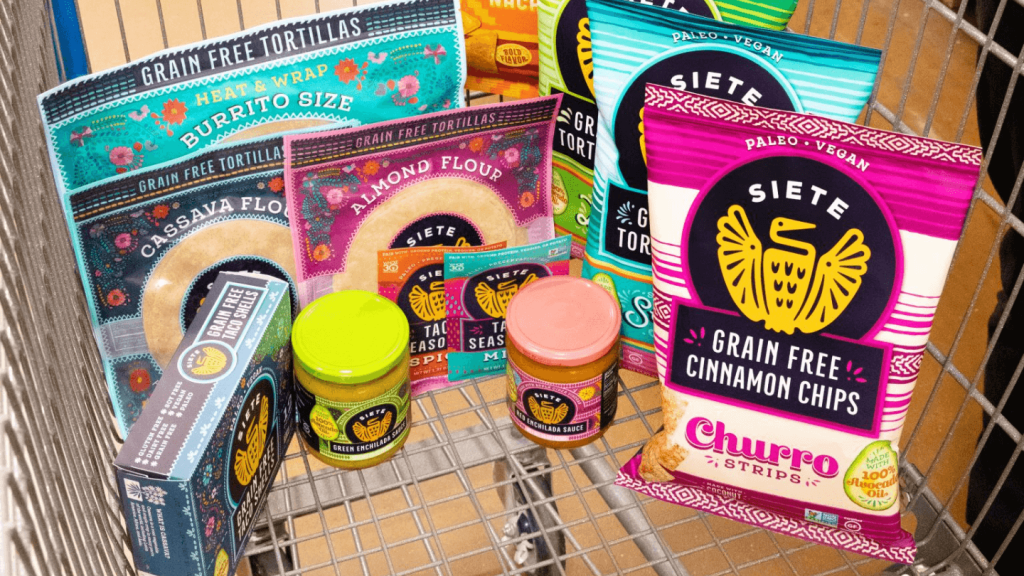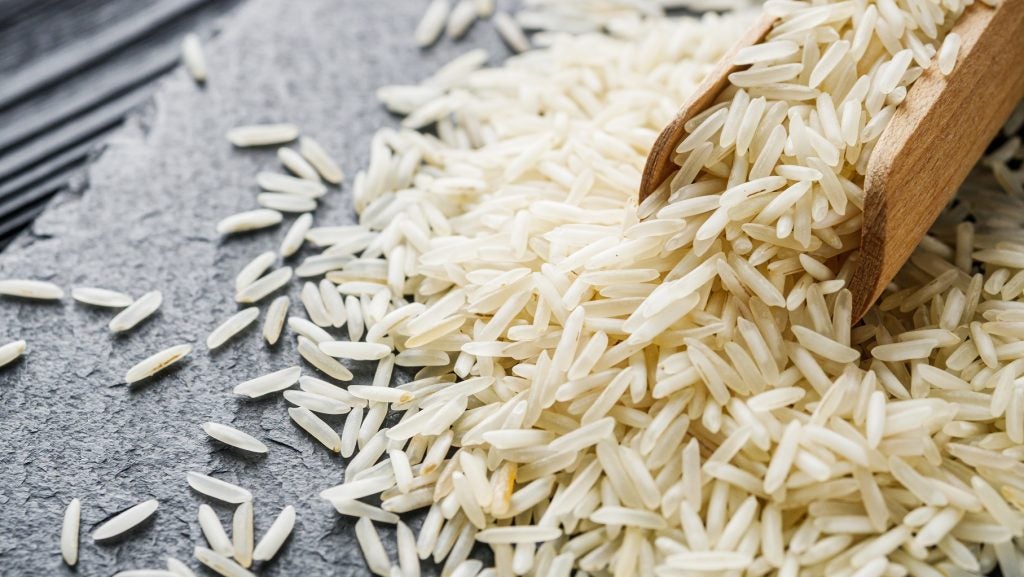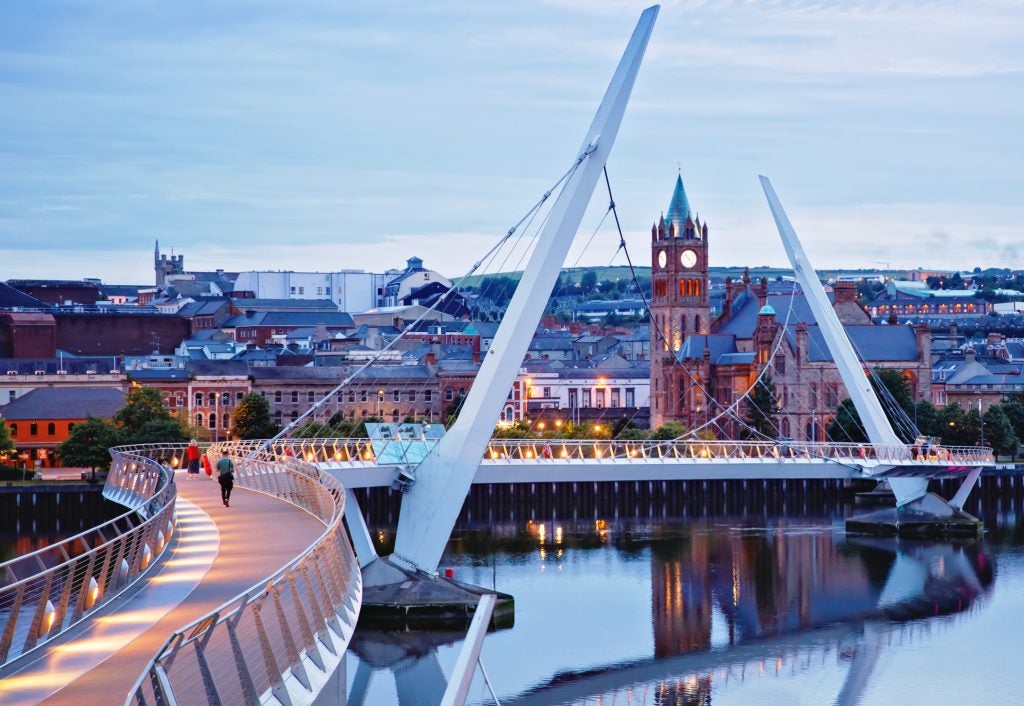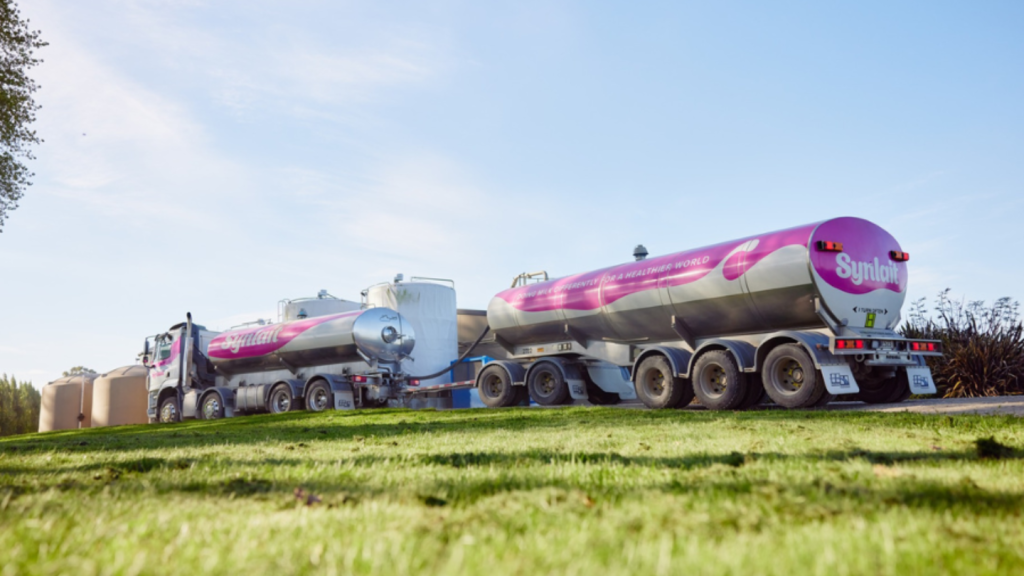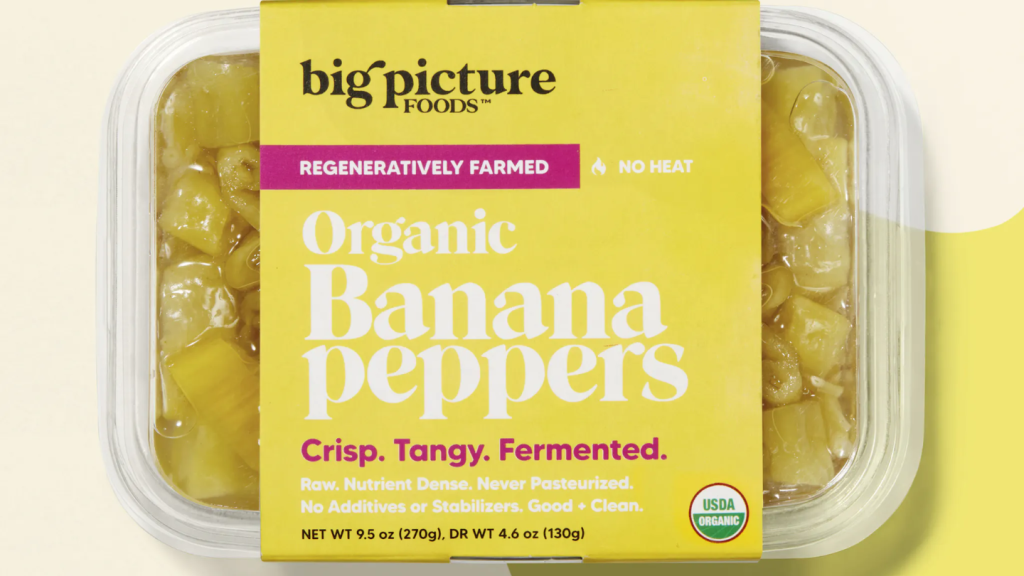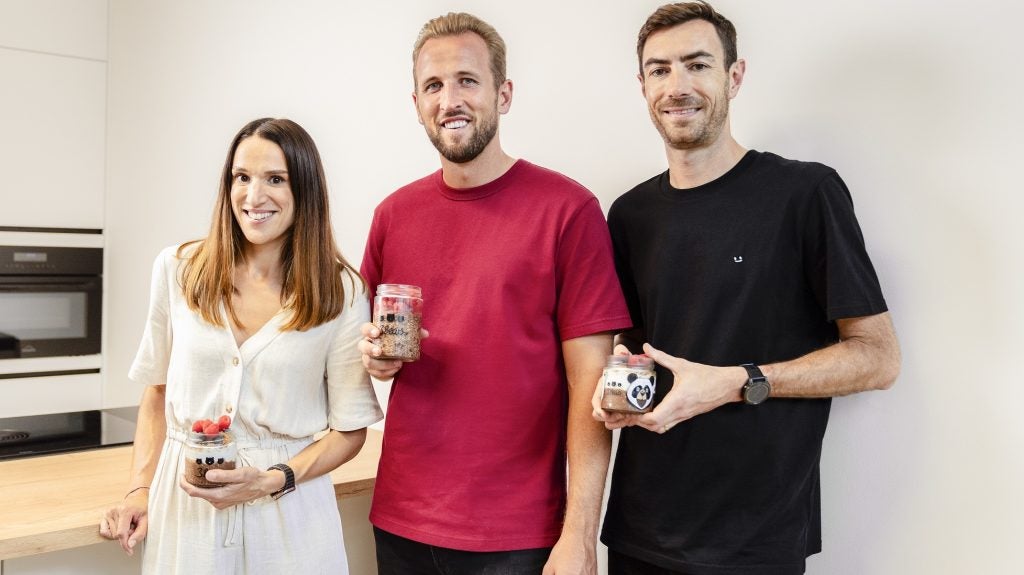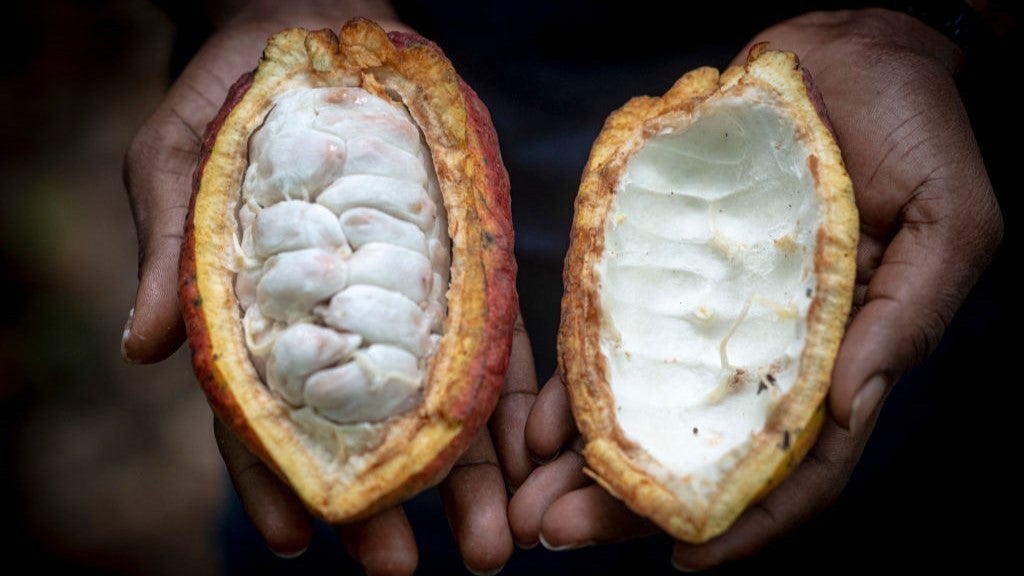Endless could soon be revealing some new names to its food portfolio if the UK-based private-equity firm can nail ongoing deal talks.
The family-owned investor, which has around £1.5bn ($2bn) of assets under management, is in discussions with a “number” of companies as the deal-making market gingerly begins to open up again.
Recent investments struck by Endless have largely centred on bolt-on acquisitions – poultry processor Smithfield Murray was bought and combined with Yorkshire Premier Meat to form Karnova Food.
And KTC Edibles, the cooking oils, pulses and spices supplier, snapped up Cardowan Creameries, a fats products business in Scotland.
Bread stalwart Hovis and cakes maker Bright Blue Foods also reside in the investment line-up.
Aidan Robson, a founding member and long-term partner at Endless, chats with Just Food to discuss strategy, objectives and the investment landscape.
Simon Harvey (SH): Is Endless just focused on UK investments?
Aidan Robson (AR): It tends to be dominated by UK investments as we like to be close to our businesses. We do business abroad but it requires a certain size to justify putting boots on the ground and people on planes.
SH: What size of transaction does Endless typically favour?
AR: We're normally investing somewhere between £30-70m. We would go a bit lower or a bit higher. Normally, between £60-70m turnover, maybe £50m, all the way up to several £100m turnover.
If you take Bright Blue Foods, that's just over £200m turnover but started as a far smaller business. Probably £100-300m is where most of our businesses sit and then you've got the outliers from that.
SH: How many funds does Endless have?
AR: There are two main funds. There's the Endless fund that I'm the managing partner of and that is an institutional fund, which is not sector specific.
We then set up the Enact fund. That’s a smaller £100m fund. A million, up to around £10m, is where the Enact fund cuts off, that's looking at smaller businesses.
SH: Is food and drink still an attractive investment destination for you?
AR: We love it. It's always been a space that we enjoy. People need to eat, people need to consume. Through our skills, through the capital investment we bring, we can help develop and grow those businesses over the five or six years we tend to own the businesses.
SH: Is that the general holding period for Endless?
AR: The average will probably work out somewhere around five to six years. Some might be shorter, some might be longer – we've owned assets for up to ten years or beyond ten years.
SH: Endless hasn’t done any food deals this year. Is there a reason for that? A lack of attractive investments or the general investment environment, perhaps?
AR: We've done bolt-ons to our food businesses but we haven't found another platform deal at the moment. We're definitely looking and we continue to look and talk to various businesses across the food and drink space.
SH: Are there particular categories you find interesting at the moment?
AR: There's no specific this, that or the other, we're looking across the piece. We get most excited about a business that has a strong reason to exist – it's got product ranges, it's got customer interaction that says, ‘how can we then take that, invest in it, and grow it over that time period’?
To expand what the business is doing, whether that is on an organic basis, which is a lot of what we focus on. But also on the buy-and-build strategy in terms of adding other areas onto the business that help it diversify and expand, whether that is horizontally or vertically in terms of a strategy.
SH: What are your investment criteria? Are start-ups in your mindset?
AR: We're not a VC, we wouldn't look to start-ups. We're looking for established businesses.
We have a lot of education endowment funds that sit behind us and a lot of healthcare. They trust us with their money. Ultimately, the byproduct of what we do is creating a return, and through that return that money goes back to those investors. Then they can reinvest and say, ‘you've done a good job, let me put more money with you’.
SH: Are what I would call new tech businesses such as meat-free, seafood alternatives or protein alternatives companies of interest?
AR: There's a space in the market for a lot of those types of businesses because people's tastes and demands change.
We're relatively cautious in some of those areas because there is a risk that these new areas suddenly become a bit of a fad, everybody piles in, and there's a risk that the demand doesn't stack up to the potential in terms of supply.
You've seen a lot of fashionable, new areas come online but give it a couple of years and people's tastes have changed. People don't see it quite as attractive as it seemed and they disappear.
We have tended to focus on the more old-fashioned staple areas such as meat protein, bread, cake, sweets and bakery, and oils.
SH: Have you got any potential deals in the pipeline for the rest of the year and into 2025?
AR: We're in discussions with a number of potential targets within the food space and hopefully we can get one or two of those done. We're keen to continue to develop in this area.
SH: I’m hearing valuations are still high in the deals market. What’s your view?
AR: It's like selling your house. You can ask a lot for it but, at the end of the day, the market tells you what it's worth. Great businesses get high valuations and businesses that need a bit more support, need a bit more change, get lower valuations.
The nuance that has obviously played into the market over the last couple of years is when your risk-free base rate is effectively zero percent, then the level of return you need, whether it be from a corporate, from a listed business or pro-equity business, was lower, and therefore the multiples could be higher.
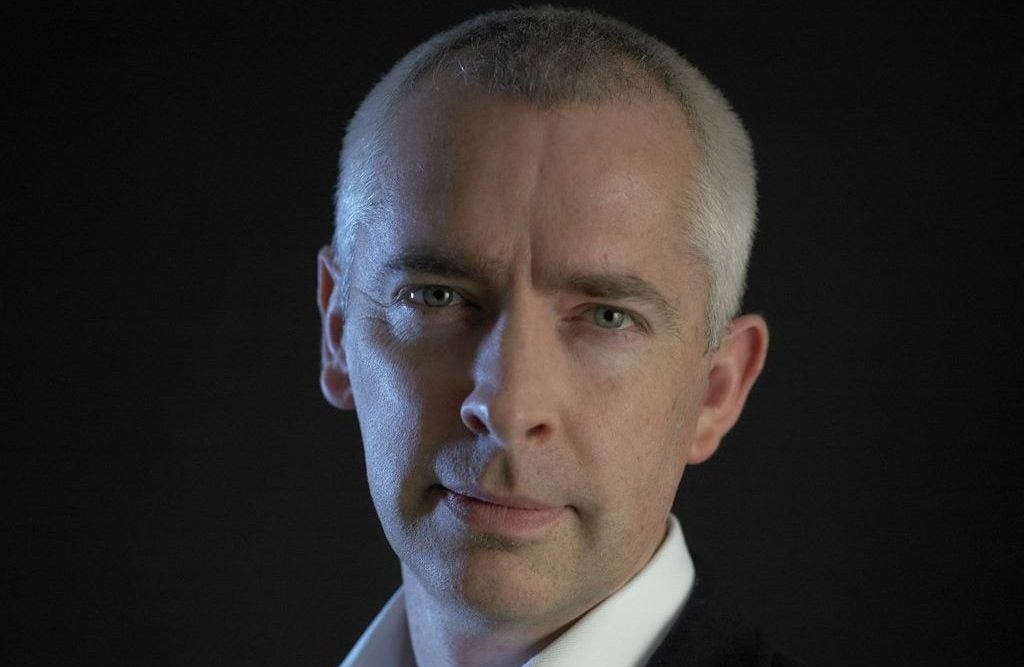
With the risk-free rate now at 5% in the UK, different elsewhere, clearly the multiples need to change to reflect that because when you can get 5% by just sticking it in the bank, your expectation around the level of return you want on whatever platform of investing, is higher. So the only delta in that is the multiple has to come down.
Phenomenal businesses that have great growth, they will still go for very high multiples because the expectation around growth is still very high.
SH: Are there plenty of investment opportunities out there at the moment?
AR: It's going to be slower. When you're buying a business, what you're trying to assess is, what's the underlying profitability, stability, growth potential. When you've got lots of factors causing huge fluctuations within that, whether that be when interest rates were shooting up, when Russia-Ukraine happened and you saw huge inflation, or a cost-of-living crisis, that makes it a lot more difficult for two parties to meet in the middle.
How do we get a deal done when you've got all these big fluctuations? And naturally, you've got optimists and pessimists, which as a buyer, you're sitting there going, ‘I'm seeing lots of risk around all these fluctuations.’ As a seller, you're saying, ‘I don't see much risk.’
What you are now seeing is more deals happening but there is a backlog. You've seen 12-18 months, whatever the number is, where it's been really difficult to get deals done. You're now seeing a backlog start to unwind.
But it's not a tidal wave of deals coming to market. These things take a bit of time. I do think you are going to see a number of deals happen within food and other areas over the coming six to 12 months because of that slightly more stable market.
SH: Would you expect a risk-off mode from the escalating situation in the Middle East?
AR: I wouldn't even dare start to go into that. I think what you have seen more generally, though, is black swan events seem to be happening on a more regular basis.
We're all learning to cope with them, whether that was the Brexit situation, Covid, Russia-Ukraine, the cost-of-living crisis, inflation, all these things, there is a level of instability.
Some hit certain businesses heavier than others. We were partway through buying KTC when the Russia-Ukraine situation hit, and overnight, 25% of KTC’s turnover disappeared because there was no sunflower oil.
The two key raw materials going to Hovis are wheat and energy, both of which went absolutely skyrocketing because Ukraine is one of the biggest producers of wheat and sunflower oil.
You look at the inflation that's gone through the food industry over the last couple of years, that's another reason why people have really struggled to do deals because it's been bloody difficult to understand what is the true profitability and what's going to be the fallout on the other side.


